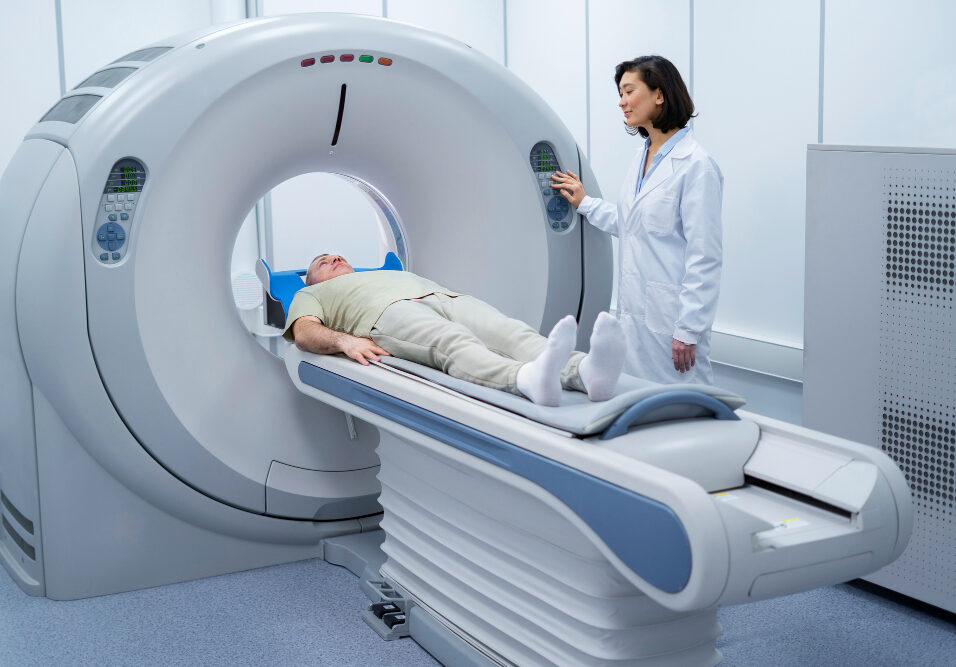Latest Advances in Gastric Cancer Treatment in Delhi?
Gastric cancer continues to be one of the most challenging gastrointestinal malignancies to diagnose and manage, especially in its advanced stages. With lifestyle changes, ageing populations, and varying infection rates of Helicobacter pylori, the disease burden remains significant in India. However, recent clinical progress has brought forth innovative diagnostic and therapeutic options that are improving patient outcomes. In Delhi, a hub for medical excellence, the treatment landscape has evolved considerably to reflect these global advancements. With rising awareness, increased screening efforts, and investments in advanced infrastructure, Delhi has emerged as a leading destination for specialised oncology care.
Modern approaches to gastric cancer treatment in Delhi now integrate surgical innovation, improved imaging technologies, and molecular profiling to personalise therapies. These developments are not only enhancing survival but also improving post-treatment quality of life. With several leading hospitals investing in multidisciplinary care, patients have access to treatment pathways that align with global oncology standards.
Role of Early Detection and Endoscopic Advancements
Early detection significantly improves survival rates in gastric cancer. Delhi hospitals now use advanced tools such as:
Do you want to visit Char Dham? Char Dham Travel Agent is the best place to plan your Char Dham tour. You can book the tour from here.
- High-definition endoscopy for enhanced visual inspection of the stomach lining.
- Narrow-band imaging (NBI) to better detect abnormal tissue using light-filtering technology.
- Chromoendoscopy, which applies special dyes to highlight early lesions.
- Endoscopic submucosal dissection (ESD) for non-surgical removal of early-stage tumours, reducing recovery time and preserving stomach function.
Together, these advancements enable quicker intervention and reduce the need for invasive surgery, offering patients a better chance at successful outcomes.
Precision in Surgical Oncology
Surgery remains central to curative treatment for localised gastric cancer. Open gastrectomy is gradually being replaced by laparoscopic and robotic-assisted approaches in leading Delhi-based centres. These technologies provide enhanced visualisation and greater precision, which helps reduce intraoperative risks and postoperative complications.
Furthermore, intraoperative ultrasound and real-time navigation tools have been integrated into surgical protocols. These aid in mapping lymphatic spread and guiding resection margins, both of which are essential in reducing recurrence. Patients benefit from shorter hospital stays and quicker return to normal activities, improving their overall treatment experience.
Would you like to visit Indiar? A tour operator in India is the best place to plan your tour. You can book a tour from here.
HIPEC and Peritoneal Disease Management
Hyperthermic intraperitoneal chemotherapy (HIPEC) has become a crucial option in the management of advanced gastric cancer with peritoneal metastasis. This procedure involves the circulation of heated chemotherapy drugs within the abdominal cavity immediately after surgical tumour removal. HIPEC is increasingly being offered at major oncology centres in Delhi and shows promise in extending survival among selected patients with minimal residual disease.
The inclusion of HIPEC in treatment protocols highlights the shift towards aggressive regional therapy in India’s capital. While patient selection is critical, the availability of HIPEC reflects how comprehensive care has expanded in recent years.
Advancements in Systemic Therapies
Alongside surgical improvements, systemic treatments have evolved through scientific research and personalised medicine. These therapies are often used for advanced cases or alongside surgery.
Would you like to visit Haridwar? Travel agents in Haridwar are the best place to plan your trip. You can book your tour right here.
Major systemic advances in Delhi include:
- Targeted therapy: Trastuzumab is now used to treat HER2-positive gastric cancers.
- Immunotherapy: Checkpoint inhibitors like pembrolizumab offer benefits in certain molecular subtypes.
- Molecular tumour boards: Expert panels review genetic and protein markers to design personalised treatment plans.
These options are providing hope to patients who previously had limited treatment paths, especially when surgery isn’t viable.
Nutritional Support and Quality of Life
Nutritional and supportive care are essential for long-term recovery. Key elements include:
- Dietitian-led nutrition plans to counter malnutrition during and after treatment.
- Psychosocial counselling to address anxiety, depression, and emotional well-being.
- Pain management protocols using evidence-based guidelines.
- Rehabilitation support to help regain strength and mobility post-treatment.
This holistic approach ensures that patients not only survive cancer but also recover with dignity and improved quality of life.
Clinical Trials and Research in Delhi
Delhi’s cancer centres are actively involved in ongoing research. Key initiatives include:
- Participation in global clinical trials testing new drugs and protocols.
- Use of AI-based diagnostic tools to enhance early detection.
- Genomic testing access for treatment personalisation.
- Opportunity for patients to receive novel treatments unavailable through standard care.
Participation in clinical research ensures that patients benefit from the most current advancements in gastric cancer therapy.
Conclusion
The landscape of gastric cancer treatment in Delhi is undergoing a significant transformation. Early detection tools, precision surgery, molecular therapy, and advanced chemotherapy techniques such as HIPEC are helping reshape outcomes for patients. With the integration of supportive care and ongoing research, the treatment environment is becoming increasingly comprehensive.
Patients today benefit from a multidisciplinary approach that looks beyond survival to ensure long-term recovery and better quality of life. While challenges remain, particularly in advanced-stage cases, the progress in treatment approaches continues to offer hope to those diagnosed with this complex disease.
Hospitals such as BLK Max Super Speciality Hospital are among those contributing to this advancement, by combining expert-led clinical decisions with access to modern technologies and a patient-first philosophy. As access expands and treatment becomes more personalised, patients from across India are increasingly choosing Delhi for expert-led, future-ready cancer care.






